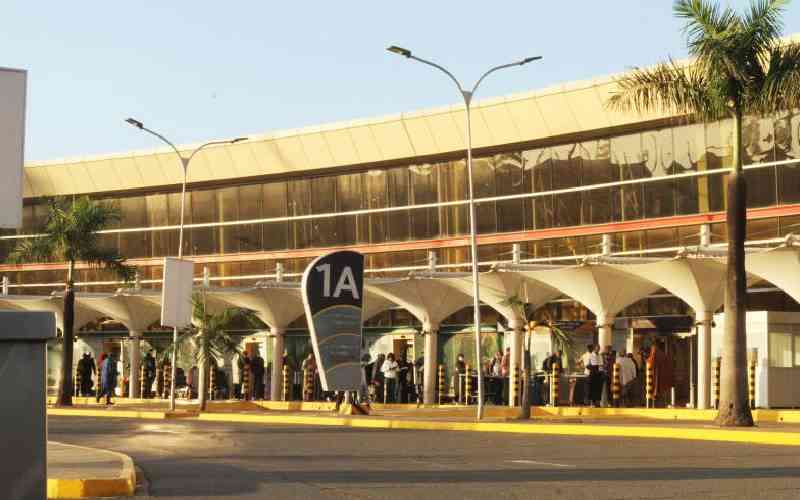
A court case has stoked controversy surrounding Adani Group's proposed takeover of Jomo Kenyatta International Airport (JKIA), with claims that the company is not investing its own funds but instead using the airport's assets to secure loans.
The legal battle sheds light on significant concerns regarding transparency, public interests, and the potential ramifications for the Kenyan economy. According to the lawsuit, the Kenyan government will hand over JKIA's title deed to Adani and is expected to be a guarantor for loans, exposing taxpayers to significant financial risks.